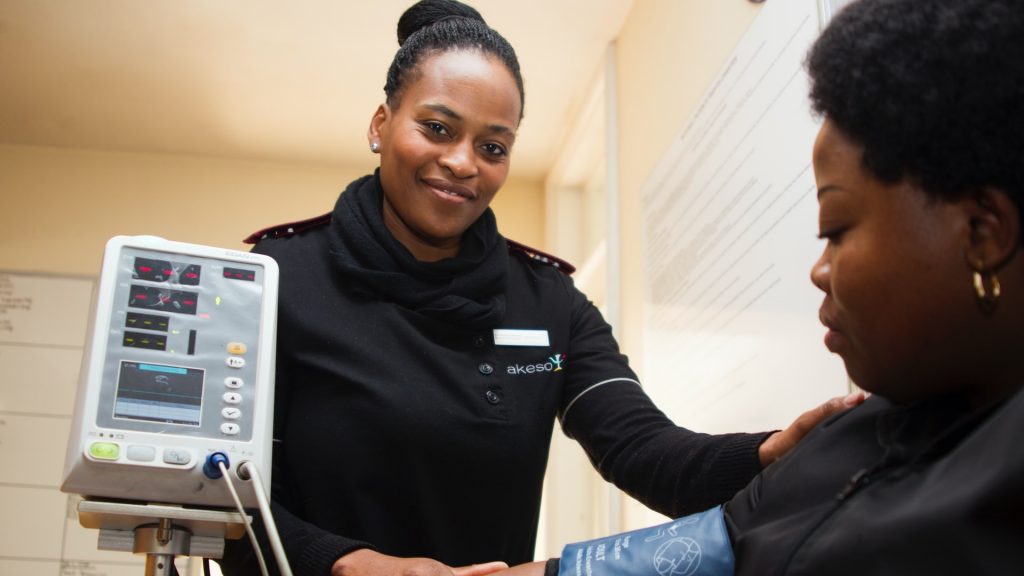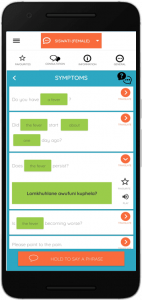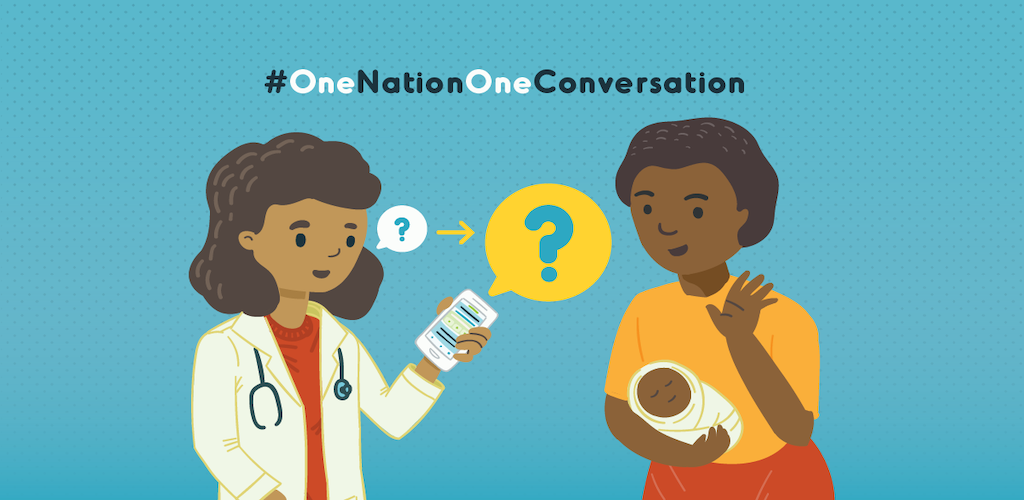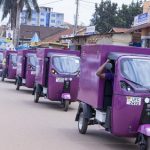Artificial Intelligence is no longer a distant promise or a Silicon Valley experiment. It’s embedded in the now. South Africans are already using generative…
Local tech startup bridges language barriers in SA

A voice-enabled lingual communication application, AwezaMed has announced the conclusion of a three-year medical pilot with the Council for Scientific and Industrial Research (CSIR).
The startup has created the first medical translation app to support all 11 official languages in SA. The app helps doctors and medical staff easily communicate with patients in their language.
AwezaMed concludes a three-year medical pilot fluent in SA’s 11 official languages
In an official press release, Glenn Stein, founder of AwezaMed explains the need for a voice-enabled lingual communication application.
“AwezaMed exists to improve communication in South Africa, thereby bringing us closer together. Language is a tool to build our nation.”
AwezaMed App
Due to Covid-19, the app was strategically redesigned and deployed to convert and comprehend Covid-related speech-to-speech themes and content. The necessary adaptation of the app ensures the needs of users are met during the global pandemic.
AwezaMed assists health-care practitioners effectively communicate with patients. The app aims to reduce language barriers that can lead to misunderstandings and possible misdiagnosis.
How it works
The app uses phrases that were collected over four-months of consultations with healthcare professionals and text-to-speech synthesis. It identifies the language used in speech and converts it to text in real-time. The text is utilised to translate the source language into the targeted language.
AwezaMed’s innovative app hosts a database consisting of more than 1 800 questions, reassurances, explanations, patient responses, and key vocabulary. A team of medical professionals administrates the database.
The capabilities of the app led to AwezaMed supporting Covid-19 related content in the 11 official SA languages.
A healthcare practitioner explains the usefulness of the AwezaMed application.
“I found the app to be useful when language becomes a barrier between me and my patients. I feel that being able to speak to a patient in their home language helps me provide better care for my patients, which means we both get a better result.”
Successful medical pilot
In the third year of operating in the medical pilot, the AwezaMed app only had three language pairs that were available which were English-Afrikaans, English-isiZulu, and English-isiXhosa.
Over two-years, the app has been successfully piloted at five public hospitals and community health centers across SA.
Less than 100 Health Care Practitioners (HCP’s) which included doctors and nurses signed up for the pilot and AwezaMed requested feedback while the app was being used in real-world scenarios. This contributed to the success of the three-year medical pilot.
Another health care practitioner explains that the AwezaMed app helped with building relationships with patients.
“Being able to greet a patient in their own language builds rapport with them. The difference between being able to do nothing for a patient and being able to provide a service, albeit small, meant that the app already had an impact in the lives of those we helped.”
AwezaMed implemented a form of grammar-based machine translation to address limitations the first version of the app had. The grammar-based machine ensures a dependable and accurate method of translation.
Glenn comments that the support received for the app encourages unity in SA.
“With the right institutional support to further the research and development of this technology, there is great potential to bring South Africans together in ways previously thought impossible.”
Read more: Tanzania startup launches platform to connect patients with doctors
Read more: SA’s first on-demand bookings marketplace for SMMEs launches
Featured image: Hush Naidoo via Unsplash



